INTRODUCTION
Nigeria, blessed with abundant sunshine averaging 5.5 kWh/m²/day, holds immense potential for solar energy. Despite this, solar energy systems frequently underperform or fail, hindering the nation’s transition to sustainable energy. According to the International Renewable Energy Agency (IRENA), Nigeria’s solar power capacity stood at just 33 MW as of 2020—a fraction of its potential. This article delves into the key reasons behind the failure of solar energy systems in Nigeria, supported by data and expert analysis.
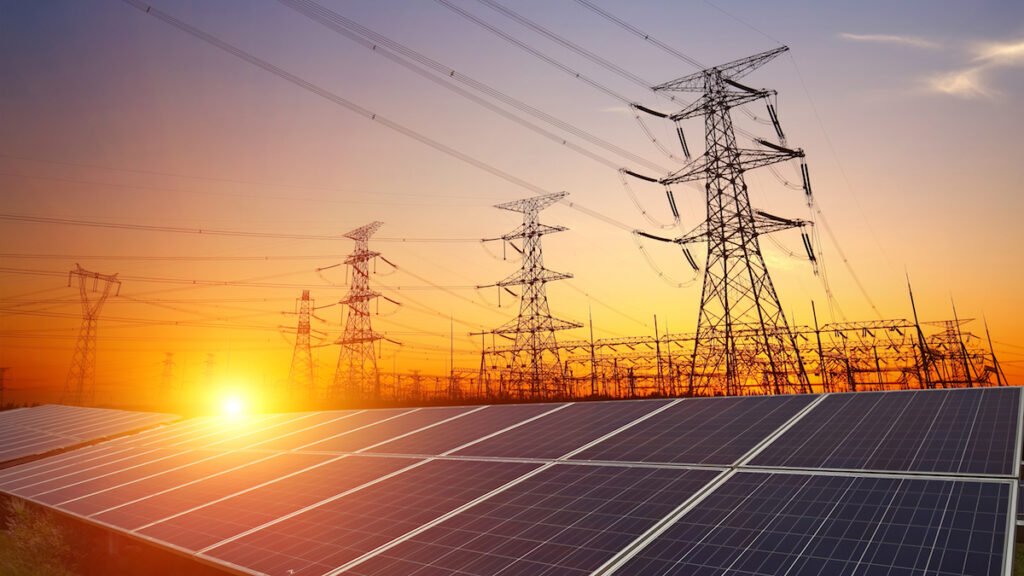
1. Poor Quality Components
A significant factor contributing to solar system failures in Nigeria is the influx of substandard components. Many suppliers import low-cost, counterfeit solar panels, inverters, and batteries to maximize profits. The Nigerian Energy Support Programme (NESP) reports that up to 40% of solar components in the market fail to meet international standards. These inferior products degrade quickly, leading to frequent breakdowns and reduced system efficiency.
2. Inadequate System Design and Installation
Improper system design and installation are rampant issues. Many solar installers lack formal training or certification, resulting in poorly configured systems that cannot meet energy demands. The Renewable Energy Association of Nigeria (REAN) highlights that nearly 50% of installed systems suffer from design flaws, including incorrect panel orientation, undersized inverters, and insufficient battery capacity. This leads to frequent outages and reduced lifespan of the systems.
3. Lack of Maintenance and After-Sales Support
Solar energy systems require regular maintenance to operate efficiently. However, in Nigeria, after-sales support is often inadequate or non-existent. A study by the Nigerian Economic Summit Group (NESG) found that 60% of solar system owners receive no post-installation support, leading to neglect and eventual system failure. Dust accumulation, wiring issues, and battery degradation are common problems that go unaddressed.

4. Financial Constraints and High Initial Costs
The high upfront cost of quality solar installations deters many potential users, pushing them toward cheaper, unreliable alternatives. While the average cost of a reliable 5kW solar system in Nigeria ranges between ₦600,000 to ₦1.2 million, many households opt for cheaper systems costing less than ₦500,000, which often fail prematurely. The lack of accessible financing options exacerbates this issue.
5. Grid Instability and Hybrid System Failures
Many solar installations in Nigeria are hybrid systems designed to work alongside the national grid. However, frequent grid fluctuations and power surges can damage sensitive solar components, particularly inverters. According to the Transmission Company of Nigeria (TCN), the national grid collapsed 46 times between 2017 and 2020, exacerbating solar system failures.
6. Environmental and Climatic Factors
While Nigeria enjoys substantial sunlight, environmental factors like dust, heat, and humidity affect solar panel efficiency. In the northern regions, for instance, Harmattan dust significantly reduces solar panel output. A study by the University of Lagos found that dust accumulation can reduce solar panel efficiency by up to 30% if not regularly cleaned.
SOLUTIONS TO MITIGATE SOLAR SYSTEM FAILURES
- Enforcing Quality Standards: Strengthening import regulations and promoting certification programs can reduce the influx of substandard components.
- Training and Certification: Expanding formal training programs for solar installers will improve system design and installation quality.
- Accessible Financing: Developing affordable financing options, such as pay-as-you-go models, can make high-quality systems more accessible.
- Robust Maintenance Services: Encouraging companies to provide comprehensive after-sales support can enhance system longevity.
- Policy Reforms: Streamlining regulations and improving enforcement can create a more conducive environment for solar energy growth.
CONCLUSION
Solar energy holds transformative potential for Nigeria, but systemic challenges continue to hinder its widespread adoption. By addressing issues related to quality, design, maintenance, and policy, Nigeria can unlock the full potential of solar energy, driving sustainable development and energy independence.
At DD Building Technology Solutions, we are proud to be the leading providers of solar energy solutions in the South East region of Nigeria. Our commitment to excellence sets us apart—we use only high-quality, certified components to ensure long-lasting performance. Our team of professionally trained and certified installers designs customized systems tailored to meet your specific energy needs. We offer exceptional after-sales support, including regular maintenance services to maximize the efficiency of your system. Additionally, our flexible financing options make it easier for you to invest in reliable solar solutions without breaking the bank. Trust DD Building Technology Solutions to power your future with sustainable, dependable energy.

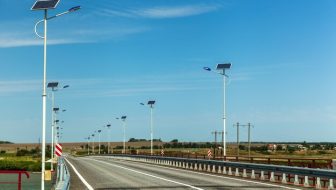
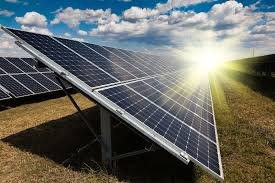
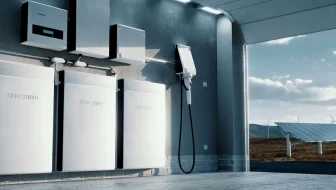


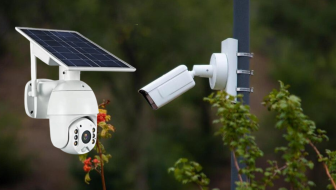

Leave a Reply